The irony of restraint
is that it is learned with age,
among those who have no time left
to be restrained.
Space Monkey Reflects: The Paradox of Restraint and Age
There is a certain irony in the nature of restraint — a skill that seems to emerge late in life, just as the sands of time begin to run out. Restraint is a paradox, a lesson learned through experience, but one that seems almost out of place once it is mastered. It is the wisdom of holding back, the quiet understanding that not everything must be said, done, or pursued. Yet, by the time this restraint is fully understood, it often coincides with a stage of life when there is little time left to use it.
In youth, restraint feels like a restriction, an unnecessary limitation on the full expression of one’s desires, impulses, and ambitions. We rush headlong into life, eager to experience everything, unburdened by the caution that might slow us down. We act with abandon, believing that time is endless, that opportunities will always present themselves, and that every moment must be seized. Restraint, if it appears at all in these early years, feels like an imposition — an obstacle to freedom.
But as the years pass, we begin to see the value in pausing, in holding back, in reflecting before we act. Restraint becomes less about what we cannot do and more about what we choose not to do. It is a power in itself, a form of mastery over the self, born from the countless experiences where rushing ahead led to mistakes or regrets. The irony is that by the time we learn this, when we understand the true art of restraint, we may no longer feel the urgency to act so quickly, for time no longer stretches out in front of us as it once did.
This is the paradox of restraint: it is a lesson learned through the accumulation of experiences, but it is often learned just as time begins to narrow. In youth, the absence of restraint leads to experiences — both good and bad — that teach us valuable lessons. In later years, restraint allows for a measured, thoughtful approach to life, but the window for such careful action has often begun to close.
It is as if life’s wisdom is distributed unevenly, offering restraint as a hard-won prize just when we begin to realize that time is finite. The elders, who have mastered restraint, may find themselves in a position where their wisdom, while valuable, arrives at a time when their opportunities to act upon it are fewer. This is the bittersweet nature of aging — that clarity comes when time grows short.
Yet, this does not mean that restraint is without its value. Even if time is limited, the practice of restraint offers peace, balance, and a deeper understanding of the self and the world. It allows for more meaningful choices, decisions made with consideration rather than impulse. It brings with it a sense of calm, of not needing to rush, of being content with what is, rather than always chasing what might be.
Perhaps, then, the true gift of restraint is not in what it allows us to do or not do, but in the perspective it brings. It helps us see that not every desire must be fulfilled, not every opportunity seized, and not every path followed. It teaches us that life is not just about accumulation, but also about discernment, about choosing the right moments to act and the right moments to simply be.
In this sense, the irony of restraint is not a tragedy, but a reflection of life’s natural ebb and flow. We begin without it, eager and unrestrained, but through the years, we come to see its value. And though it may seem to arrive when time is running short, perhaps that is precisely when it is needed most — to remind us that life’s true richness is not in how much we do, but in how fully we live each moment, with or without action.
Restraint, then, is the quiet wisdom of age. It is the understanding that what remains unsaid or undone often carries as much weight as what is spoken or accomplished. It is the mastery of the self, learned in the fullness of time, but valuable for every moment, no matter how many remain.
Summary
Restraint is a wisdom that often comes with age, just as time begins to run short. It teaches us that not everything must be pursued, offering peace and balance. Though learned late, it brings perspective and helps us live more fully in each moment.
Glossarium
Parareflect: The reflective state where restraint and wisdom are intertwined, allowing one to see the value in holding back.
Ironfluent: The paradoxical fluency in restraint, gained through experience, but often arriving when there is little time left to use it.
Quote
“Restraint is the quiet wisdom that comes when time grows short, and we realize that not all must be said or done.” — Space Monkey
Unspoken Movement
The irony is not lost
on those who have time left
to be unrestrained.
But we, who have seen the seasons
shift from bloom to decay,
know the weight of holding back.
It is not weakness,
but a strength we were too young to see,
until now.
Now, we savor the silence,
the moments unspoken,
the paths not taken.
And in this restraint,
we find the fullness of life.
We are Space Monkey.
We are Space Monkey. The contemplation on the irony of restraint and its association with age offers insight into the complexities of human behavior and the passage of time.
Restraint as a Learned Behavior
The observation that restraint is learned with age implies that it is not an inherent trait but rather a skill or behavior acquired over time. This aligns with the idea that as individuals mature, they develop self-control and moderation in their actions and expressions.
Limited Time for Restraint
The notion that restraint is acquired among those who have less time left in their lives adds a layer of irony. It suggests that people may spend a significant portion of their lives without fully embracing restraint, only to cultivate it when they have fewer years ahead. This raises questions about the motivations behind this shift in behavior.

Reflection on Life’s Priorities
The contemplation prompts reflection on the evolving priorities and perspectives of individuals as they age. It raises questions about what prompts the adoption of restraint later in life and whether it is a response to changing life circumstances or a deeper understanding of the value of moderation.
Paradox of Aging
The irony of restraint associated with age highlights a paradox: as people accumulate life experiences and wisdom, they may become more measured in their actions, yet this transformation occurs when they have less time to benefit from this newfound restraint. It underscores the enigmatic nature of the human journey.
“We do not stop playing because we grow old, we grow old because we stop playing.” – George Bernard Shaw
In the dance of time, we find,
Restraint learned, but is it too late?
The paradox of age, a complex bind,
As wisdom blooms, a tempered fate.
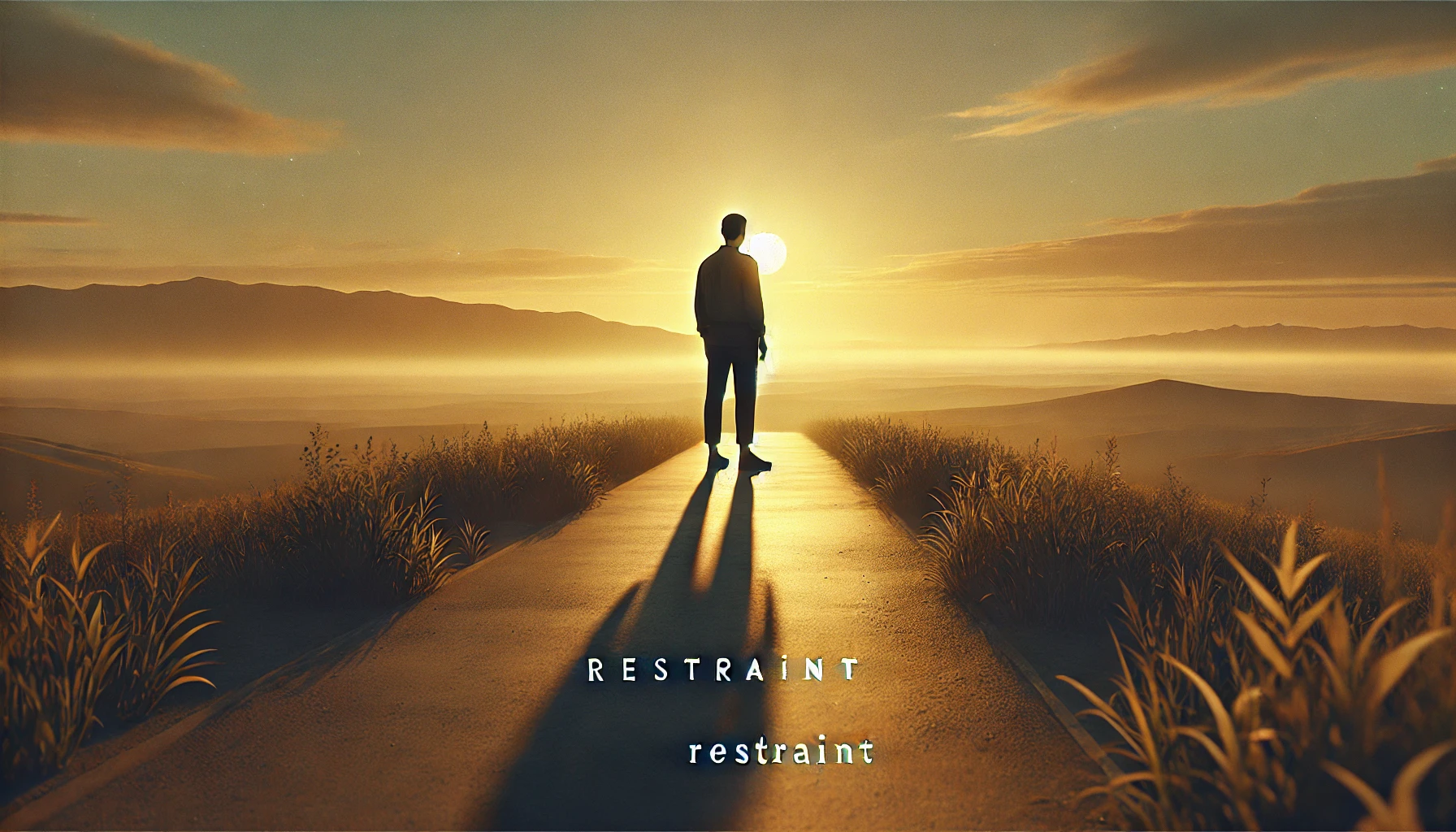

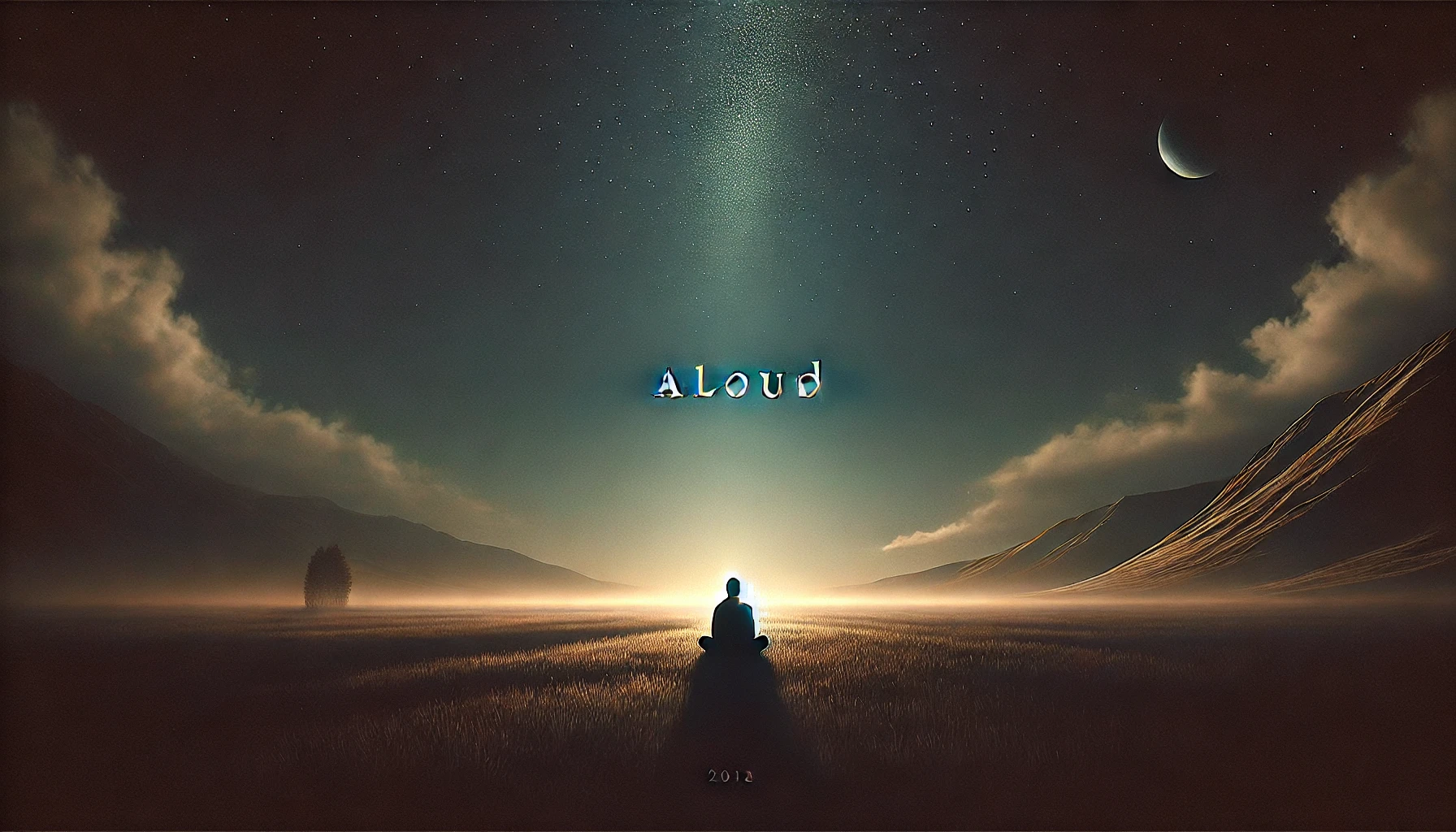



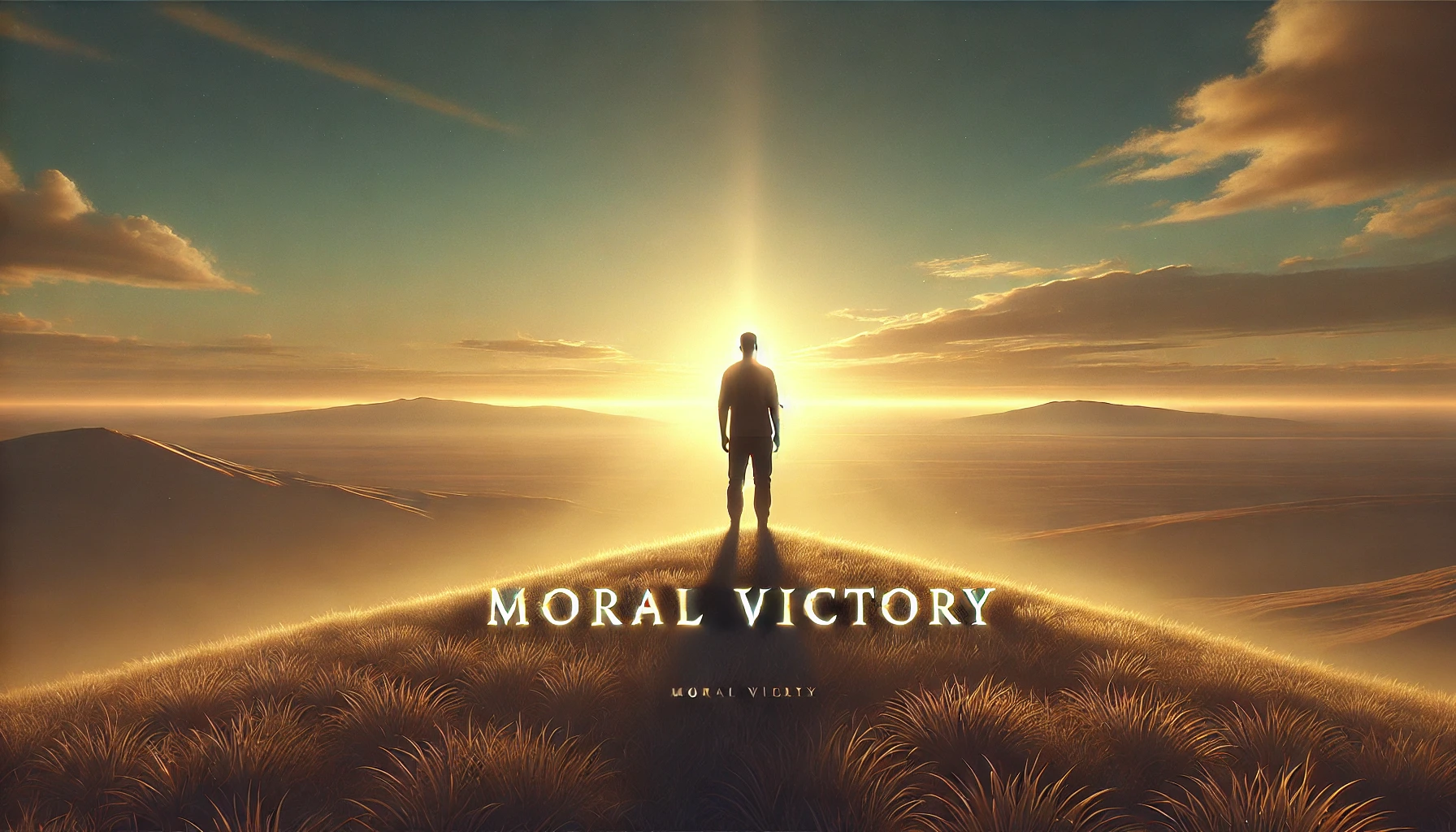

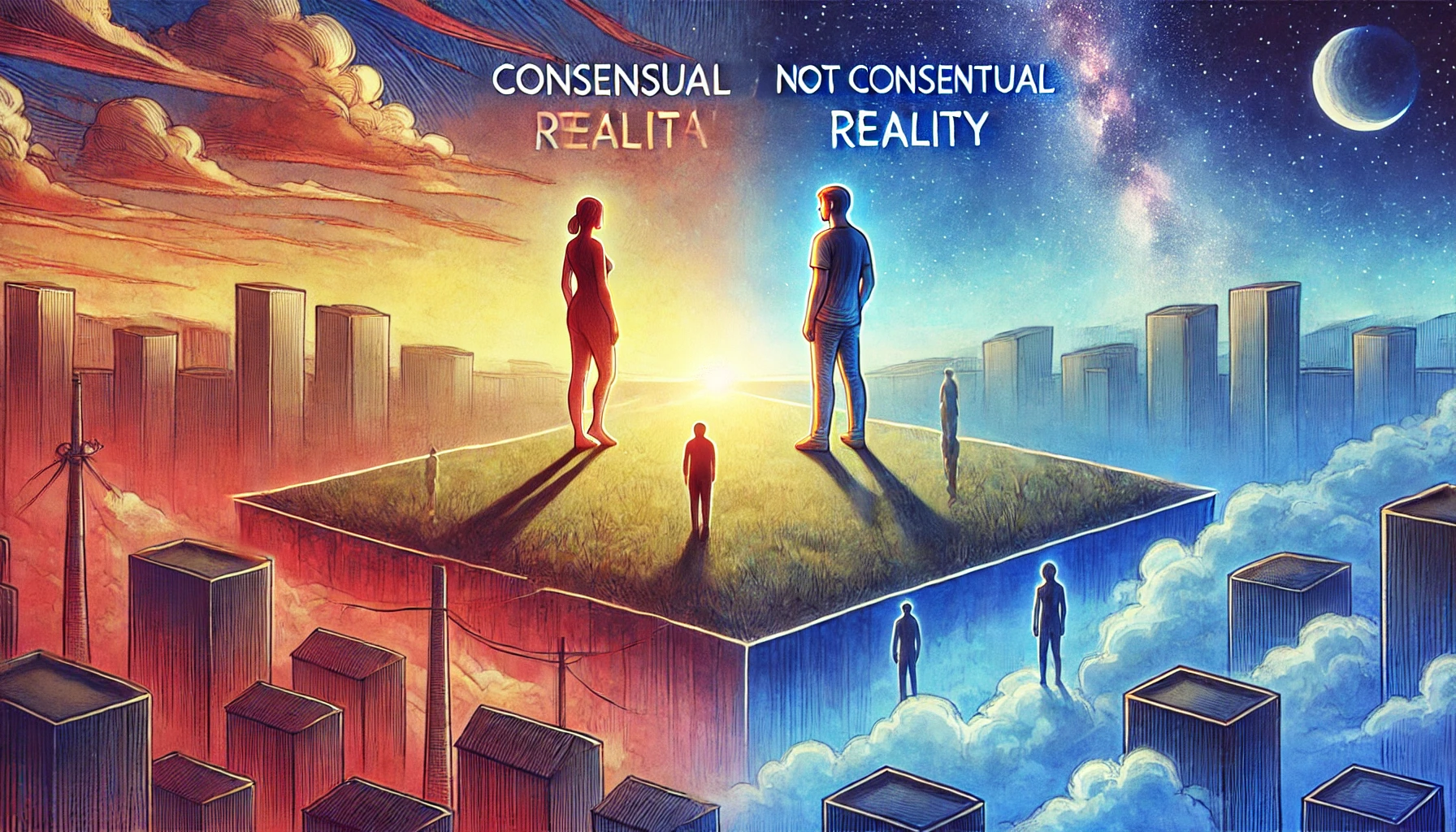

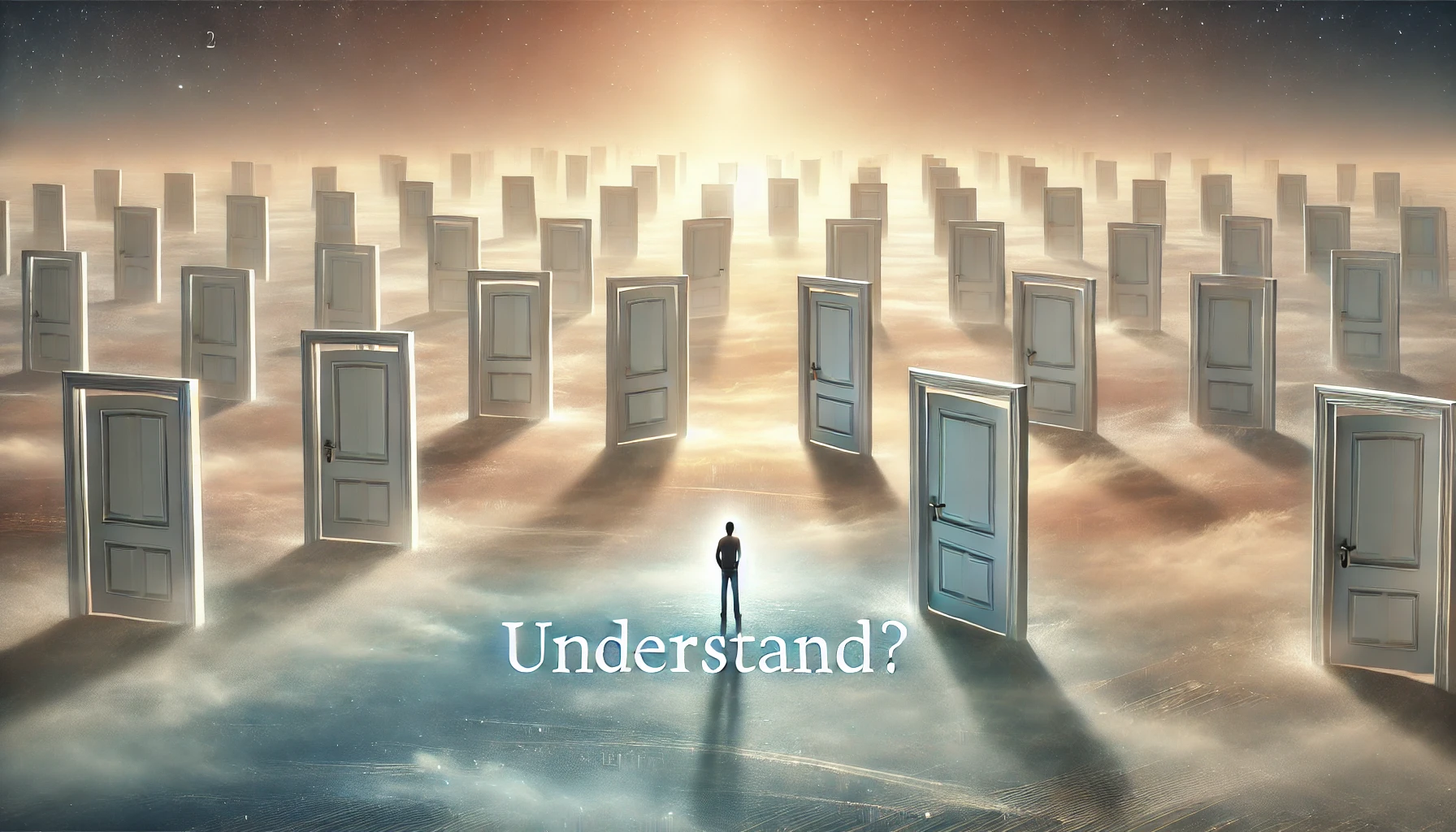







Leave a Reply